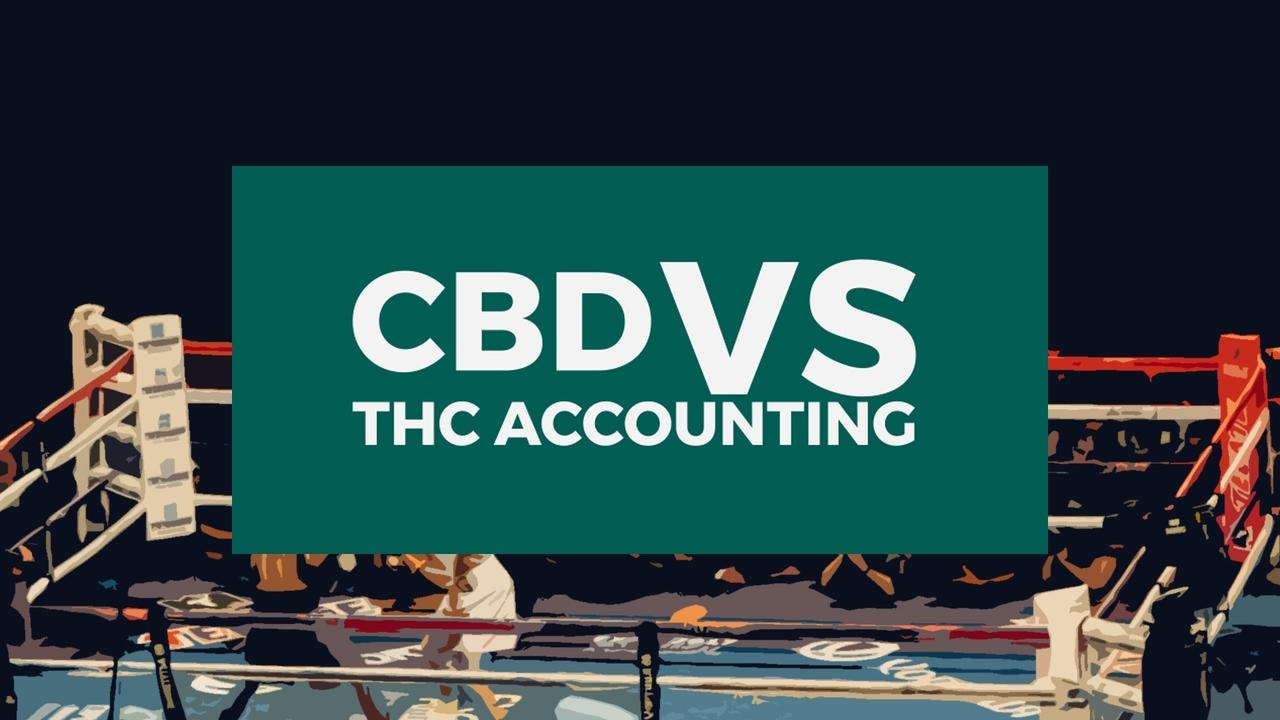What Are The Differences Between CBD vs THC Accounting?

Understanding the difference between CBD & THC, hemp and cannabis is vital if you’re entering into the realm of cannabis accounting.
In our recent podcast, we talked with Summer Wilkinson, co-founder of Leap Books, about the differences between them all, and how she got into the industry.
How are the two plants different?
CBD can be extracted from the hemp or marijuana. Hemp plants are cannabis plants that contain less than 0.3 percent THC, while marijuana plants are cannabis plants that contain higher concentrations of THC.
THC is the primary psychoactive compound in marijuana that gives the high sensation. It can be consumed by smoking marijuana, or extracting the THC and putting it in some form of edible or topical delivery.
The plants themselves look identical to an untrained eye, making it a bit challenging to identify, as the real difference lies in the chemistry of the plants.
Differences from a law perspective
Under the 2018 Farm Bill, CBD from hemp is legal, while marijuana and anything containing more than 0.3% of THC is still illegal and subject to federal laws. However, it is legal in 33 states, either medically or recreationally, adding to the complexity of the industry.
Important to note: CBD hemp is not subject to 280E anymore.
Generally, only a cannabis company can deduct their cost of goods sold. Whereas, hemp-based businesses can operate just like a regular business, where they can deduct their cost of goods sold, and also all of their operating, general, and administrative expenses.
Let's dive into 280E
Under 280E, you're not allowed to use the UNICAP rules under Section 263A, where you can put more indirect costs to the cost of goods sold, and take more of a tax deduction on value of goods sold. That's not allowed under 280E; you're not allowed to take those 263A costs. So that's a big difference that's going to open up many challenges for businesses.
Also, under 280E you're not allowed to take your bonus depreciation for taxes, or your Section 179, which would allow you to depreciate in the year of purchase the cost of your equipment. There are some limitations as to amounts etc.
When you think about farming, processing, or food production, massive amounts of equipment and real estate are needed. And if you can get all that extra depreciation added to your annual reports, it can be huge.
Therefore, many THC growers are likely going to start adding hemp into their farms (subject to State rules, of course) so they can somehow allocate some of those deductions. So it'll be interesting to see how that plays out.
Assuming they can get a hemp license, they now have a new source of revenue that's on top of cannabis, plus they can then allocate some of those overhead costs to the non-cannabis hemp division.
Cannabis and CBD Tax Credit Differences
Another significant difference between THC and hemp is that under the hemp, you're going to have more tax credits available, including the R&D tax credit. For example, you could develop a strain of cannabis that's lower than 0.3 THC that is super resilient to insects, or drought, or something, which is very similar to traditional farming practices today.
There are many opportunities to make developments and advances in growing hemp, where under 280E you're not allowed to take those credits.
Let's look it into key cannabis and CBD court cases
In Colorado, when THC was first legalized, they let everyone operate for a couple of years before coming in, auditing the company, and taking cases to the courts. So, we're just now seeing the results of cases that go back more than a decade.
If you're a founder of a CBD or hemp company, you need to be thinking, "Okay, they're going to be auditing me." The IRS will likely show up to many of these companies, mainly because these are big businesses making big dollars, but it might take them a couple of years. You don't want to have that happen to you.
You want to think ahead and say, "I want to minimize my taxes, but I don't want to be so aggressive that when the IRS comes I lose a huge case, because some attorneys advised me to play all kinds of games." Always consult a good attorney and a CPA or tax advisor who is well versed in your industry. They should work together to construct your game plan.
Key Takeaways for Cannabis and CBD Accounting
So, we dived into the differences between CBD vs. THC from different perspectives. There are a ton of opportunities to help growers take advantage of tax deductions. It is super important to be compliant with the law and make sure you do not become defaulted and forced to pay hefty penalties.
Subscribe to our YouTube channel for latest updates and happenings in the CBD industry by clicking here!
References Mentioned:
National Cannabis Industry Association
